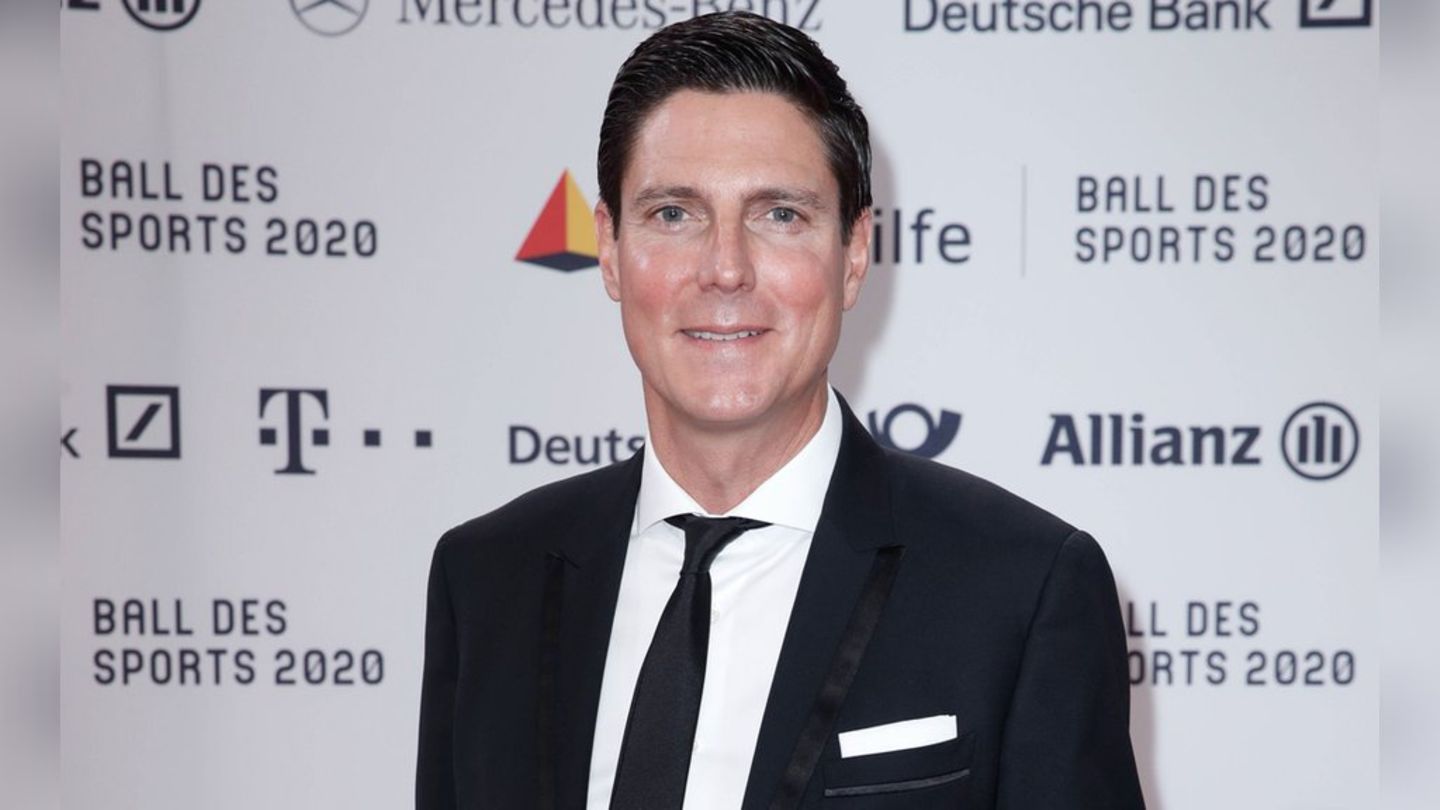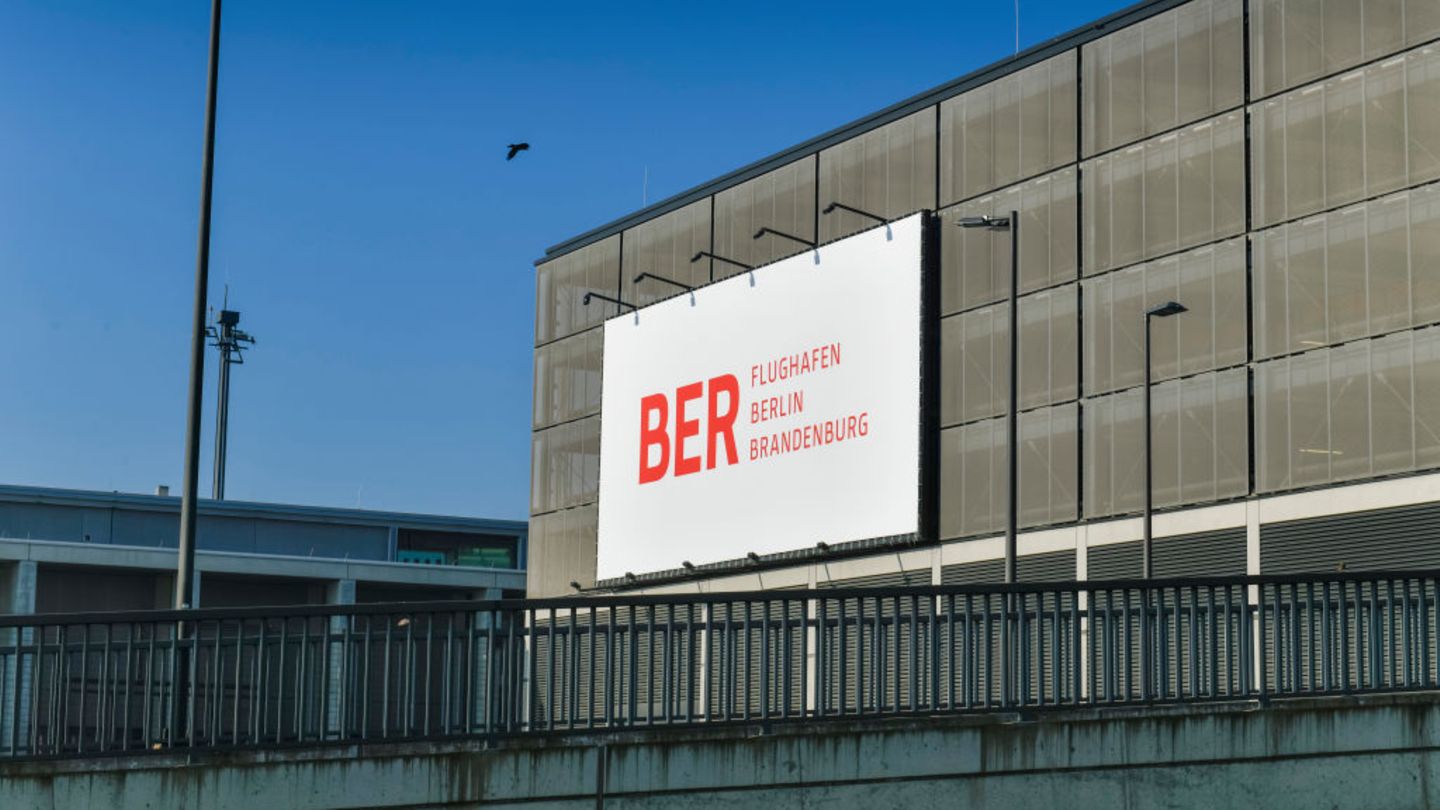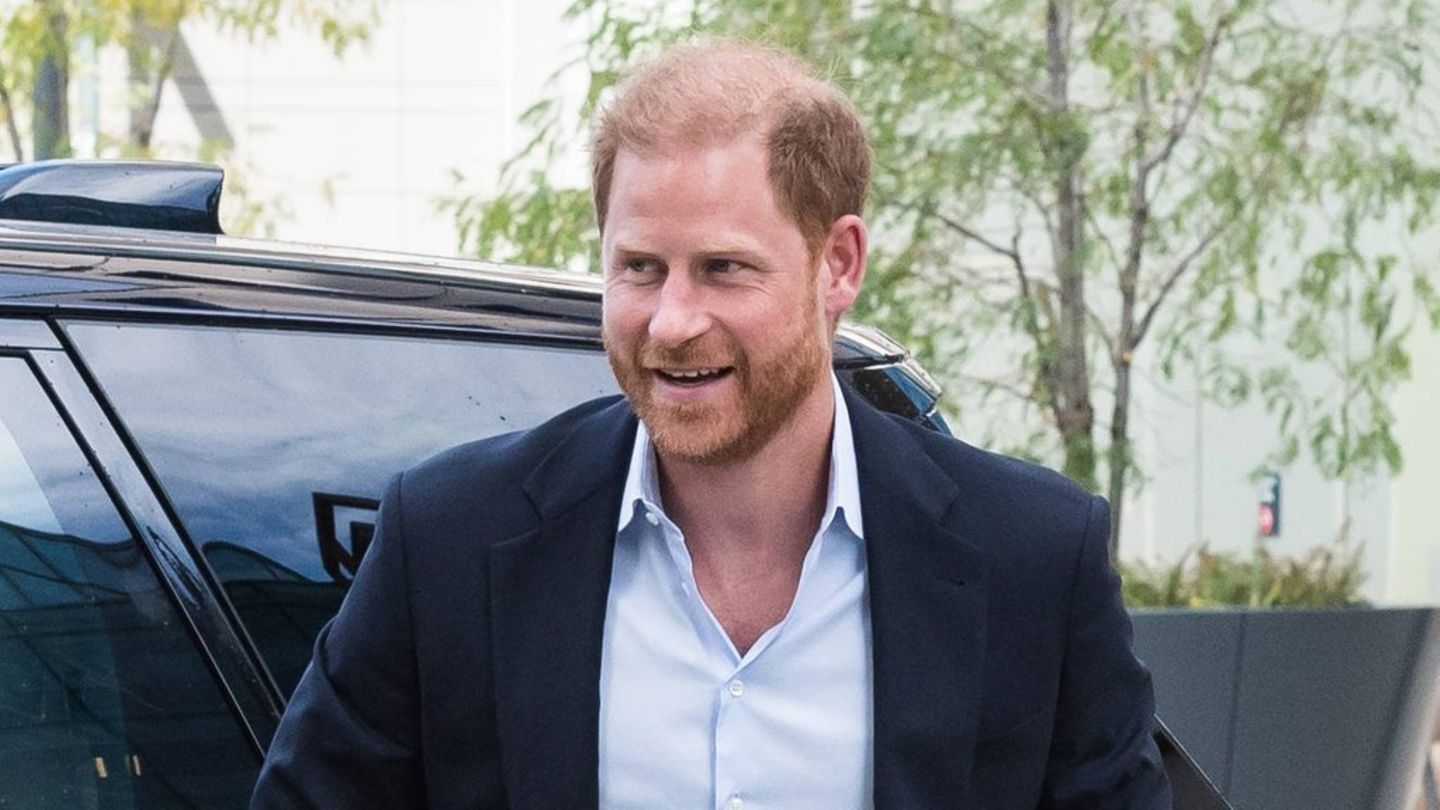While Delgado is focused on resolving the internal problems of the National Party, the other two main presidential candidates dominate the agenda of clashes.
Almost a month has passed since the internal elections, the first part of the election campaign towards October has been characterized by two issues: the Polarization increasingly growing among presidential candidates Colorado Party, Andres Ojedaand of the Forehead Wide, Yamandú Orsi; and the shifting of the debate by the presidential candidate National Party, Alvaro Delgadourged by the need to resolve the internal problems of his party.
The content you want to access is exclusive for subscribers.
Andrés Ojeda has not rested practically at all since the night of June 30 and, soon, he occupied a large space in the electoral debate, imposing an agenda of issues often from the debate and the direct confrontation with other candidates. Although there was a rather implicit polarization with Delgado on the security agenda, the Colorado’s favorite target has been the Frente Amplio and, particularly, Orsi.


The nationalist presidential candidate, for his part, has been more focused in recent days on building his political space based on the internal problems that it has had than on campaign crossings, a role assumed mostly by his running mate, Valeria Ripoll. The leadership role won by a wide margin in the primaries added to him the responsibility of having to face the new scandals – the last one, starring the now former mayor of Artigas, Pablo Caram, who was convicted of illegally paying overtime.
With this background scenario, and the agenda of exchanges dominated by Ojeda and Orsi, the last exchange between the candidates took place around the AMIA and the request to declare as terrorist groups Hamas and Hezbollah.
Ojeda and Orsi warm up the campaign
With his visit to Argentina on the occasion of the commemoration of the 30th anniversary of the attack on the Argentine Israelite Mutual Association (AMIA)Ojeda put on the table the need to declare the armed organizations Hamas and Hezbollah as terrorist organizations. After the meeting he held with the foreign minister Omar Paganini In this regard, the Colorado candidate pointed to Orsi for, first of all, not having published photos of the event; but also for the Frente Amplio candidate’s response, who said he “has a lot of respect” since these are victims.
“I don’t think it’s a good thing to take photos for an internal campaign” with “other people’s pain,” he said in a press conference, without giving names but clearly pointing to Ojeda. According to him, he doesn’t do it in other events either, such as when he participated in the Silent March.
However, Ojeda retorted to Orsi’s response – who, likewise, has avoided joining all the discussions raised in the media by the presidential candidate of the Colorado Party – and shared on his networks a publication of the former mayor of Canelones in a Silent March with a photograph of JJuan Pablo Errandoneawho disappeared in 1976, during the dictatorship. “Don’t clarify or it will make things darker,” he commented.
At the press conference after the meeting with the foreign minister, Ojeda also referred to the issue. “I have seen it Yamandú Orsi took photos in other instances, for example, linked to the Uruguayan dictatorship; then it seems that there are reflections that he makes in secret and reflections that he makes in public,” he considered; and pointed out his silence regarding terrorism, pointing out that “they escaped because of the shame of having some problem with part of his political party for having been present there.”
Source: Ambito




